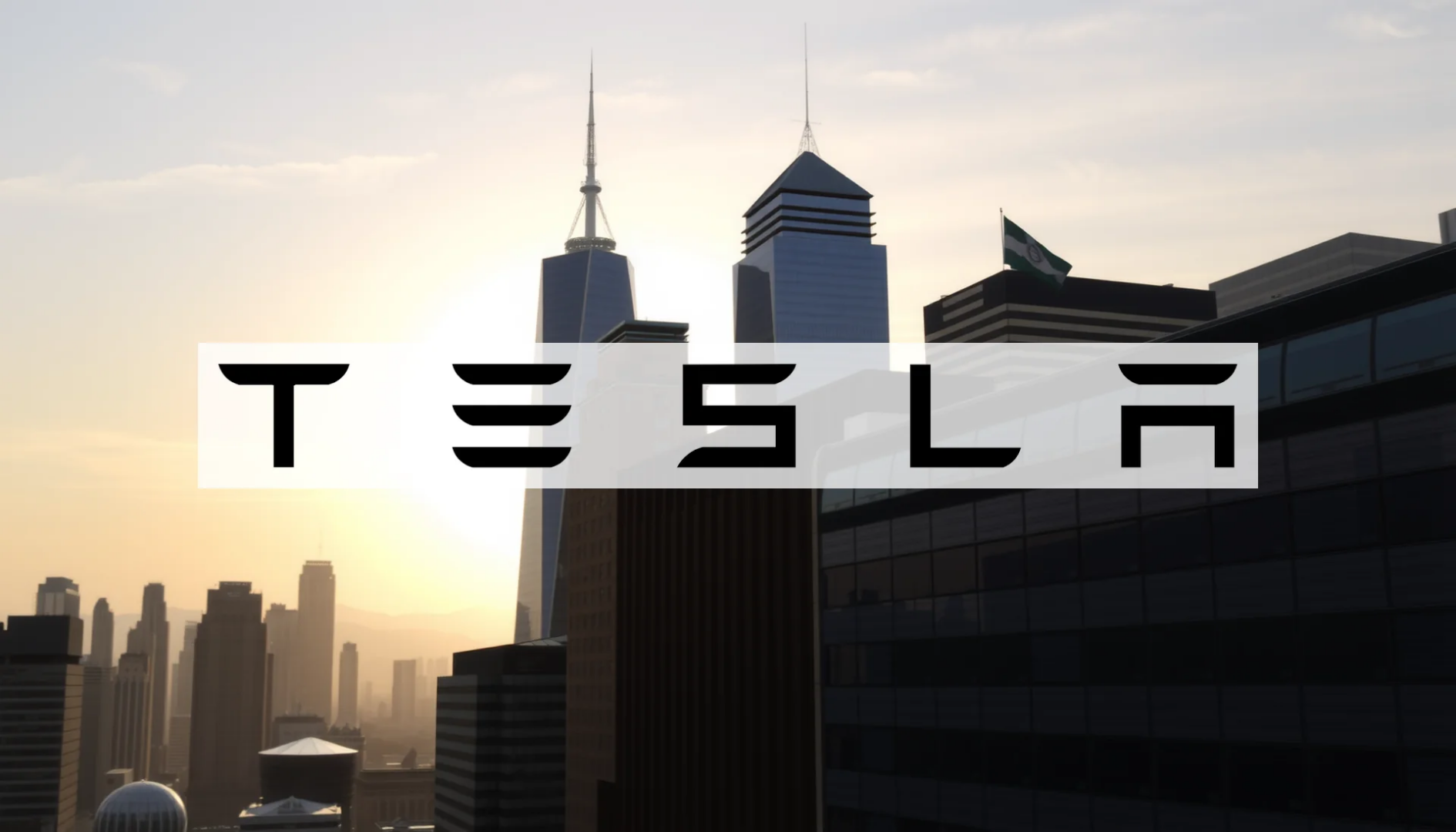Tesla’s trajectory is increasingly defined by ambitious technological bets rather than its established automotive operations. Recent analysis reveals a startling shift: approximately 80% of the company’s valuation now stems from ventures that have yet to generate meaningful revenue, including autonomous taxi networks, humanoid robotics, and artificial intelligence systems. This fundamental repricing occurs as Elon Musk secures the largest compensation package in corporate history, raising questions about the company’s direction.
Core Business Shows Cracks Amid Technological Aspirations
The electric vehicle manufacturer’s foundational business displays concerning signals despite a 12% quarterly revenue increase to $28.1 billion. Net income plummeted 37% to just $1.37 billion, with earnings per share missing projections. Particularly troubling is Tesla’s eroding dominance in its former stronghold of California, where market share has dipped below 50% for the first time amid intensifying competition.
Wall Street’s Divided Verdict
Financial experts display remarkable disagreement regarding Tesla’s prospects. Among 34 covering analysts, recommendations are perfectly split with 14 advocating purchase, 10 suggesting holding, and another 10 recommending selling the shares. Truist Securities recently maintained its neutral stance, highlighting that merely 22% of Tesla’s valuation now relates to its core electric vehicle and energy storage operations. The remaining majority represents pure speculation on future technologies.
Revenue-Free Valuation Drivers
The disconnect between current operations and market valuation grows increasingly apparent. Projects like the Optimus humanoid robot and planned robotaxi network exist primarily as prototypes and presentation concepts. The Full Self-Driving system, central to Tesla’s autonomous mobility vision, sees adoption from just 12% of the company’s U.S. vehicle owners. Despite these early stages, financial markets have priced these unproven business segments at hundreds of billions of dollars.
Should investors sell immediately? Or is it worth buying Tesla?
Executive Compensation Tied to Ambitious Milestones
Shareholders recently approved Musk’s revised compensation structure, establishing unprecedented performance hurdles that blend market capitalization targets with operational achievements:
- $2 trillion market value combined with 20 million vehicles delivered
- $2.5 trillion valuation plus 10 million Full Self-Driving subscribers
- $3 trillion market cap alongside 1 million Optimus robots sold
- $3.5 trillion valuation with 1 million active autonomous taxis
These targets appear particularly ambitious given Tesla’s current market capitalization remains substantially below these thresholds.
The company stands at a critical juncture, balancing its established automotive operations against speculative technology ventures that currently dominate its valuation narrative.
Ad
Tesla Stock: Buy or Sell?! New Tesla Analysis from February 7 delivers the answer:
The latest Tesla figures speak for themselves: Urgent action needed for Tesla investors. Is it worth buying or should you sell? Find out what to do now in the current free analysis from February 7.
Tesla: Buy or sell? Read more here...











